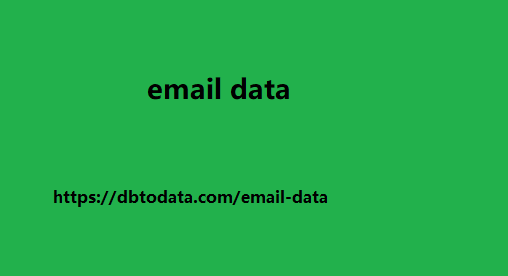Compliance with legal and regulatory standards requires organizations to be aware of the legal frameworks that govern their operations. These frameworks often include national, regional, and international laws, along with industry-specific regulations. For businesses, this means understanding the specific legal obligations that apply to their sector, whether they are related to labor laws, environmental regulations, data privacy, or financial reporting requirements. Staying informed about these standards is critical to ensure that the organization operates within the boundaries set by law.
The Role of Compliance Programs
To ensure adherence to legal and regulatory requirements, many organizations implement compliance programs. These programs are designed to identify, assess, and mitigate potential legal risks. A compliance program typically includes internal policies, procedures, training, and monitoring systems. Employees must be regularly educated on these policies, and compliance officers play a key role in maintaining oversight. Effective compliance programs help organizations proactively address legal issues before they escalate into more serious concerns.
Data Protection and Privacy Laws
With the increasing use of digital technologies, compliance with data protection and privacy laws has become a top priority for organizations. Laws such as the General Data Protection Regulation (GDPR) in Europe, the California Consumer greece email list Privacy Act (CCPA), and various other national data protection laws require businesses to ensure that they handle personal data responsibly. Organizations must obtain explicit consent from individuals to collect and process their data, implement robust security measures, and provide transparency about how data is used.
Anti-Corruption and Ethical Standards
Legal compliance also extends to ethical behavior within the organization, including anti-corruption and anti-bribery laws. Countries around the world have enacted legislation to prevent corruption, bribery, and unethical business practices, such as the U.S. Foreign Corrupt Practices Act (FCPA) and the UK Bribery Act. These laws mandate that companies must not engage in or tolerate bribery, kickbacks, or other illicit practices. To stay compliant, organizations must develop and enforce anti-corruption policies and establish clear channels for reporting unethical behavior.
Sector-Specific Regulations
Many industries face additional regulatory requirements that are tailored to their specific risks and challenges. For example, the healthcare sector is subject to regulations like the Health Insurance Portability and automation and nurturing Accountability Act (HIPAA) in the U.S., which protects patient privacy. Similarly, the financial services industry must adhere to the Dodd-Frank Act, the Sarbanes-Oxley Act, and other financial reporting laws. Organizations in regulated industries need to allocate resources to ensure they meet both general and sector-specific standards to avoid penalties or legal action.
Continuous Monitoring and Adaptation
Legal and regulatory environments are constantly evolving, and businesses must stay vigilant to maintain compliance. Changes in laws, judicial kuwait data rulings, or government policies can introduce new compliance requirements. Therefore, it is essential for organizations to continuously monitor legal updates and adapt their practices accordingly. Regular audits, legal reviews, and consultations with external advisors help companies remain compliant and minimize the risks associated with non-compliance. By fostering a culture of compliance, organizations can protect their reputation and avoid costly legal consequences.

